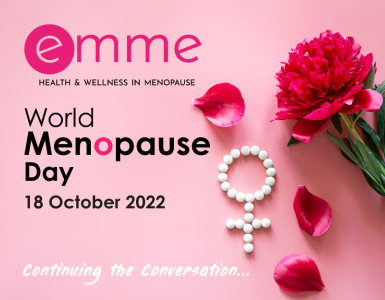By Sue Bedford (MSc Nutritional Therapy)
Getting a good night’s sleep is not only important for mental health but also for the regeneration of our body cells, our skin (as it allows skin cells to repair), the body to destress, the removal of toxins to occur and improved mood too. But going through perimenopause ir menopause doesn’t always make it easy to get that full night’s sleep but nutrition has an important hand in helping you!
So we asked Sue Bedford to let us know the top five foods that can help!
Turkey – contains Tryptophan which is an amino acid that cannot be made by the body but is a natural precursor to serotonin. People with low serotonin levels also tend to spend less time in restorative non-REM sleep over the course of the night. Serotonin also plays an important role in sleep because the body uses it to synthesize melatonin.
Cherries are a rich food source of the hormone melatonin. Melatonin promotes healthy circadian rhythm and sleep patterns which are important pre conception.
Eggs-are a good source of vitamin B5 (pantothenic acid), a deficiency in this can cause sleep disturbances and fatigue, so keeping good levels can support your body in time of stress and anxiety.
Bananas – are a great source of sleep promoting nutrients like magnesium, tryptophan, vitamin B6, carbs, and potassium, all of which have been linked to improved sleep.
Berries – why not enjoy a small bowl in the evening – they are loaded with vitamin c – studies show that low intake of Vitamin C has been connected to shorter sleep amounts.
















